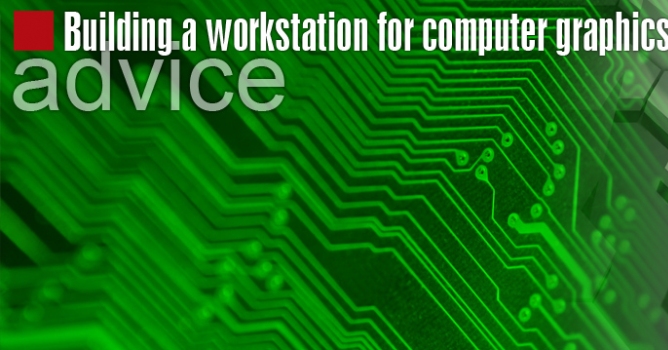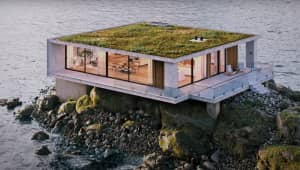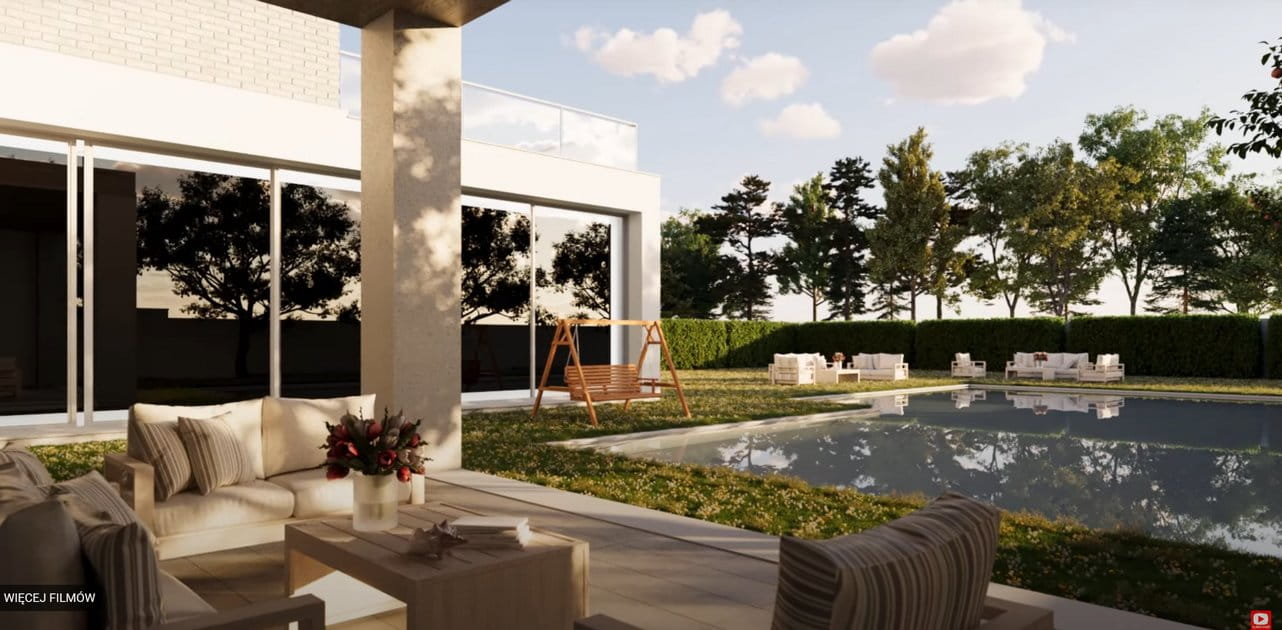The most popular benchmark that is used in majority of the processors' reviews is called Cinebench. It is based on Maxon's Cinema 4D software, a popular 3D program used by many studios. This will use all of the processing power to render a 3D scene with global illumination and reflections.
TIP: You can download Cinebench version 11.5 here.
This test will give You the best answer when it comes to the rendering speed.
I have gathered all the scores below from internet reviews. These may vary a little from review to review, because overall score is also affected by model of mainboard and amount of RAM memory, but only by a narrow margin.
The results include processors at their stock speeds (not overclocked in any way). I am not a big fan of overclocking, because it can often affect system stability and generally we want these to run 100 percent for 24/7. List shows only the latest models which score is above 5.0.
I have also put the latest prices in USD (source: amazon.com).

As we can see, the most powerful ones are the latest intel's processors. In my opinion the best two processors that you could buy at the moment are Intel Core i7 3770K and 3930K. The small increase in power with model i7-3960X is currently not worth its price. The processor with the best score to price ratio is the AMD FX-8350. You may choose it if you are interested in building a budget PC.
If money are not an issue and you want even faster stuff, you should consider a server-grade motherboard which supports dual CPUs. At the moment the most powerful processors that are prepared to work in dual mode are Intel Xeons E5-2600 series.
The fastest models are E5-2690 and E5-2687W and their cost is around 2000 $. Considering that you will need both of these and a motherboard for another 500-600 $, that's quite expensive buy.
With these 8-core monsters you can achieve over 25 points in Cinebench which is absolutely crazy. Additionally, server motherboards can support even more than 128 GB of RAM, which is often required when it comes to complicated particle simulation in softwares like Naiad or Fume Fx.
Choosing mainboard
When it comes to motherboard we should consider models with eight DDR3 slots that support up to 64 GB of RAM. Some of the models have fewer slots and 32 GB RAM limit. As I stated earlier, motherboard itself does not really affect rendering speed too much.
According to this test differences are barely noticeable on 6 different models by different manufacturers, so in my opinion we should focus on the things like: reliability, price, overclocking ability, customer support etc. Here is an example of motherboard suitable for 3930K processor.
Graphics card
Which graphics card should we choose? It depends. For standard work with 3ds max and Vray we may consider buying something cheap, because graphic card will not affect rendering speed, only the viewports speed. For this use I would suggest something cards like GeForce 560 Ti or 660 Ti. But for the users that want to use cards for rendering with software like Octane or Arion I would suggest buying GeForce 580 with 3GB RAM. Memory size is very important when rendering with GPU renderers, because the whole scene has to be loaded there instead of computer RAM. I do not consider Radeon cards because in most cases GPU renderers use CUDA technology which is exclusive to Nvidia's graphics cards. For the ultimate computing power you may want to purchase newest Nvidia Tesla cards with 6GB of memory.
GPU-powered rendering is becoming more and more popular, because GPU computing power exceeds CPU power. In 2013 Nvidia plans to release new Tesla cards with up to 24 GB RAM. This will allow to create very complicated scenes, which was impossible up to this point due to RAM size limitations.
Unfortunately Tesla cards are very expensive, and best option at this moment is to stick with GF 580 3GB cards. Arion tests show that at this point Tesla K20C is 50 percent faster than GF 580 and GF 580 is 10 percent faster than 680 in GPU rendering speed.
Choosing RAM memory is very simple: buy as much as you can afford, because there is no such thing like too much RAM in CG. RAM size is very important when working on big scenes. To little ram may cause your scene not render or even crash it. Always choose memory modules that can work at maximum speed allowed by your motherboard.
Summary
I created few setups that you may consider buying. Those not include computer parts like the case, PSU, mouse, keyboard etc. Choosing monitor would require separate article to cover all the details.
1. Budget PC
Processor: AMD FX-8350 4.0 GHz 190 $
Motherboard: GIGABYTE GA-990FXA-UD3 150 $
RAM: 4x4GB G.SKILL Ripjaws X Series 90$
GPU: MSI N560GTX-Ti 448 1280MB 190 $
Total cost: 620 $
2. Medium grade PC
Processor: Intel Core i7-3770K 3.5 GHz 320$
Motherboard: MSI Z77A-GD65 LGA 1155 165$
RAM: 4x4GB G.SKILL Ripjaws X Series 90$
GPU: EVGA GeForce GTX 660 Ti 2GB 290$
Total cost: 865 $
3. Higher grade PC
Processor: Intel Core i7-3930K 3.2 GHz 570$
Motherboard: ASUS Sabertooth X79 LGA 2011 340$
RAM: 4x8GB G.SKILL Ripjaws X Series 170$
GPU: EVGA GeForce 580 3GB 500$
Total cost: 1580 $
4. Server Grade Power PC
Processor: Dual Xeon E5-2687W 3800$
Motherboard: EVGA Classified SR-X 650 $
RAM: 12x8GB G.SKILL Ripjaws X Series 450$
GPU: EVGA GeForce 580 3GB 500$
Total cost: 5400 $
5. PC for GPU rendering
Processor: Intel Core i7-3930K 3.2 GHz 570$
Motherboard: ASUS Rampage IV Extreme 430$
GPU: EVGA GeForce 580 3GB x4 2000$
RAM: 4x8GB G.SKILL Ripjaws X Series 170$
Total cost: 3170 $
The most important thing is to choose computer that is corresponding to your needs. This may save you a lot of money. There is no point in buying a powerful PC which power can't be properly utilized.
Customer zone
Your special offers
Your orders
Edit account
Add project
Liked projects
View your artist profile


























COMMENTS